Listen as we discover the future of radio with James, know what lies ahead and what tools radio stations can best use to market themselves online.
James Cridland is a radio futurologist and Managing Director of Media UK – the UK’s free media resource since 1994. He has worked in radio since 1989 and has worked for some of the biggest radio stations in the UK and the world including Virgin Radio and the BBC. He’s been heavily involved in radio technology and an on air personality while also working in many other areas of radio. James is a Trustee of the UK pan-industry body The Radio Academy. Furthermore he is one of the organizers of nextrad.io, the radio ideas conference every September which we will discuss in depth on the podcast.
Is There A Future In Radio?
Some may assume that radio is already dead due to it being traditional and not as visually exciting as compared to other platforms however the reality is that radio is still tremendously successful. According to James, 91% of the UK and about 93% in the US tune in every single week to radio. Videos, television, the walkman, CDs and all of that were supposed to kill radio however it is still going really strong which is a fantastic indication for what the future may hold.
What Does Podcasting Mean For Radio?
According to James, podcasting has democratised the way how people can get content. In the past, if you wanted to make great pieces of content you would need to convince a commissioner at a radio station and prove that it will be a very good show to put on the air. Podcasting made it easy to put out whatever content you may like. It is inevident to say that podcasting is taking away radio’s audience. Like for one, Radio 4 Extra signed up the This American Life podcast to be on the radio station schedule probably because they have appreciated that This American Life has a good audience here in the UK already through podcasting. They recognised that they may be able to get a good audience on the air as well.
Podcasting And Music Streaming Apps
The advent of podcasting and music streaming apps like Spotify made it very easy for anyone to select content online which makes Izabela wonder if this has a long term effect on radio. For James, it’s hard to determine the long term effects of podcast and music apps on radio but he thinks that radio stations have benefited from people’s habit. In Ireland 58% of housekeepers never switch away from their favourite station. He said that it is very difficult for people to change the habits that they’ve grown up with and radio has benefitted a lot from that. Music streaming apps may have affected the local music radio stations but he is not as sure if the podcast has affected the speech radio. He reckons that one of the benefits of radio is the shared experience and the human connection. Listening to a recording and listening live gives off a very different experience. When you listen live you feel much more connected as other people are listening to the same radio show at the same time.
For speech radio, James is more inclined to using a free app called Swell that contains plenty of really good curated podcasts and learns from the user’s likes and dislikes. This app may not be the entire future for speech radio but certainly it is the app that James intends to use more than listening to radio as radio does not give you control to what you want to hear. There’s definitely a bunch of interesting things on the horizon however it will take a long time for people to change their habits in terms of radio.
Radio And Podcast Audience Measurement
Music radio tends to be a background thing where people are not actively consuming it whereas with podcasting people are listening because they want to and nobody is forcing them to listen.
Radio is generally monitored on a quarterly basis while with podcasting you can see the figures right then and there. I asked James if he thinks that radio has some catching up to do in terms of audience measurement?
The whole point of audience measurement is an interesting one. Radio talks to thousands of people every single year to find out what the ratings are. While in podcasting you will instantly know the number of downloads however you won’t have an idea as to how many are actually listening and finishing the show. Measurement on both sides has its issues. It’s definitely something we should improve as advertisers would likely want to have that information.
Izabela argued that just by knowing the number of podcast downloads is already a powerful tool. She gave an example where there’s 20,000 downloads at the time of the release of a podcast and wonders if there is a commercial radio station that could give you statistics that are as accurate as this and give it to advertisers. James on the other hand says that the only clear information we’re getting in podcast audience metrics is the number of downloads while we still don’t have a way of knowing the audience’s demographics. We politely disagreed on this as there are already tools that podcasters could use to know where the downloads are initiated.
We ended the combative conversation and all agreed that we are all making audio together and it shouldn’t be radio audience measurement is crap and podcasting audience measurement is brilliant because neither of those statements are true. Podcasters can learn a lot from radio not least of which is quality control and radio can learn a thing or two from podcasters. At the end of the day we can both learn from each other.
Podcast Content and Technicalities
Podcasters tend to be very particular on how a podcast should be consumed. An RSS feed, correct formatting and a media server upload are some of the key elements of a quality podcast. This is where some radio stations may seem to not get it as they would upload an mp3 to a website and call it their podcast. Though there is a fairly low percentage of radio stations that do that. Most radio stations understand that having the key elements such as the RSS feeds and syndicating to iTunes and uploading to Spreaker makes a podcast a real podcast.
James also reiterated that there is a tendency for radio stations to record a part of a radio show into an mp3 file and call it a podcast. We must however remember that people are consuming the podcast because they want to hear some great audio and if you aren’t producing audio that translates well into a podcast then there’s no point. Furthermore, James added that the best radio shows or podcasts are the one who makes you feel that you are part of an elite club who you are really proud to be part of.
Building a Community of Listeners
Izabela loves how James mentioned the part where people feel like they’re in an elite club. She also added that a podcast brings together like minded people creating a community. Howard Stern, Tim Shaw, Robin Banks and Bam Bam are some of the radio personalities who have created a huge community of like minded listeners who enjoy their content.
Less Investment in Radio Personalities
In some cases radio has lost its way in terms of not valuing a great personality and understanding that radio is more than playing 10 great songs in a row. If that would be the case then probably in 10 years time you might as well pack up and go home because people can use Google Play Music, Spotify or other music streaming apps to get music. James explains that he rarely listens to music radio and only does that when he is feeling lazy or when he’s not actually tuning in for the music part of the radio show. It’s important that radio stations understand that radio is more than the music they’re playing and invest more in people who will make a connection and make listeners smile.
New Music Discovery Trends
An interesting bit of information from Izabela is that 78% of people tune in to radio to discover new music. If you’ll look into this further you’ll see that young people around 15 to 24 who discover new music do it through YouTube and other social media.
Internet Radio Stations
James says that internet radio is just another platform where people can get audio. If there’s something James would want to change for the future, it would be to get rid of the FM and DAB button on your radio and make the radio do the hard work for the listener. Like, for example, if James wanted to listen to BBC 6 Music the radio would automatically find it via DAB, if he wants to listen to an FM radio station then the radio would find it over the internet. People should not care much whether it is on FM, DAB or the Internet.
Media UK
As I mentioned earlier James runs his own website called MediaUK.com – the UK’s free media resource since 1994. The website is celebrating it’s 20th year this year! It all started in a CompuServe forum before becoming available on the internet. Now James has expanded to an Irish version of the website ireland.media.info which gives out a bunch of information about the Irish media industry. Indeed James is taking the world one step at a time giving out free media information and resources to anyone who needs it.
James Cridland On Starting A Podcast
I asked James if he ever thought of podcasting since he is an audio guy and he said that at first he really considered doing it but realised that it’s really quite a lot of work to get it done well plus the obvious issues of how you will make money from it. I suggested that podcasting could be a great platform for James to promote his speaking engagements. However for James the main reason as to why he is not podcasting is the lack of options to automate it well. As we discussed earlier it is important to have the key technical elements in place and you need the right content to create a good podcast which is really not something you could automate in the first place.
Next Radio – UK Based Radio Conference
I’ve been to Next Radio before and it was the very first one that James organized together with Matt Deagan. Next Radio is a conference that James and Matt organize every year. It talks about interesting ideas relevant to people who want to make great audio. This year will be their 4th year and it is probably going to happen on September in Central London. You can also visit the Next Radio microsite and watch all the previous presenters as they share their knowledge and expertise.
Get In Touch With James Cridland
If you want to read more about James you can visit his website and send him a tweet @JamesCridland or go to his Google+ profile.
What Are Your Thoughts On This Episode?
Are there points you particularly agreed with or perhaps there was something that we or James said that you disagree with? Let us know in the comments section down below. We don’t promote this as often but you can actually leave us an audio message too!
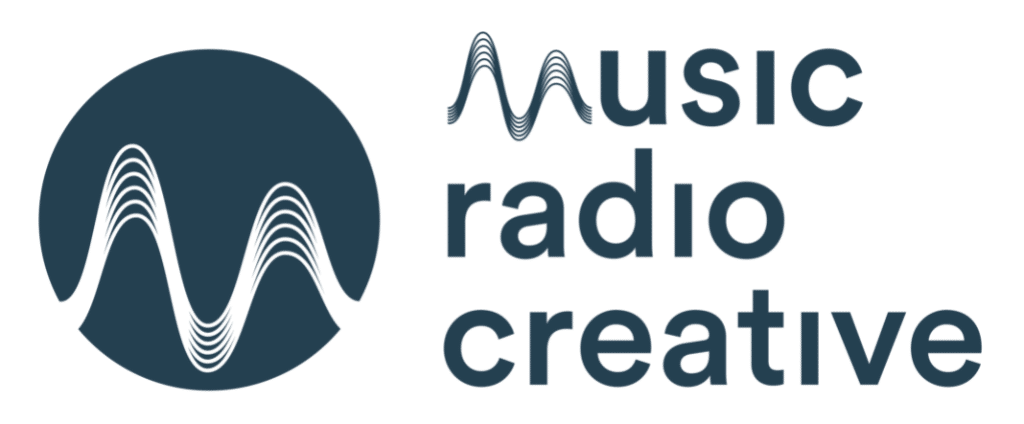
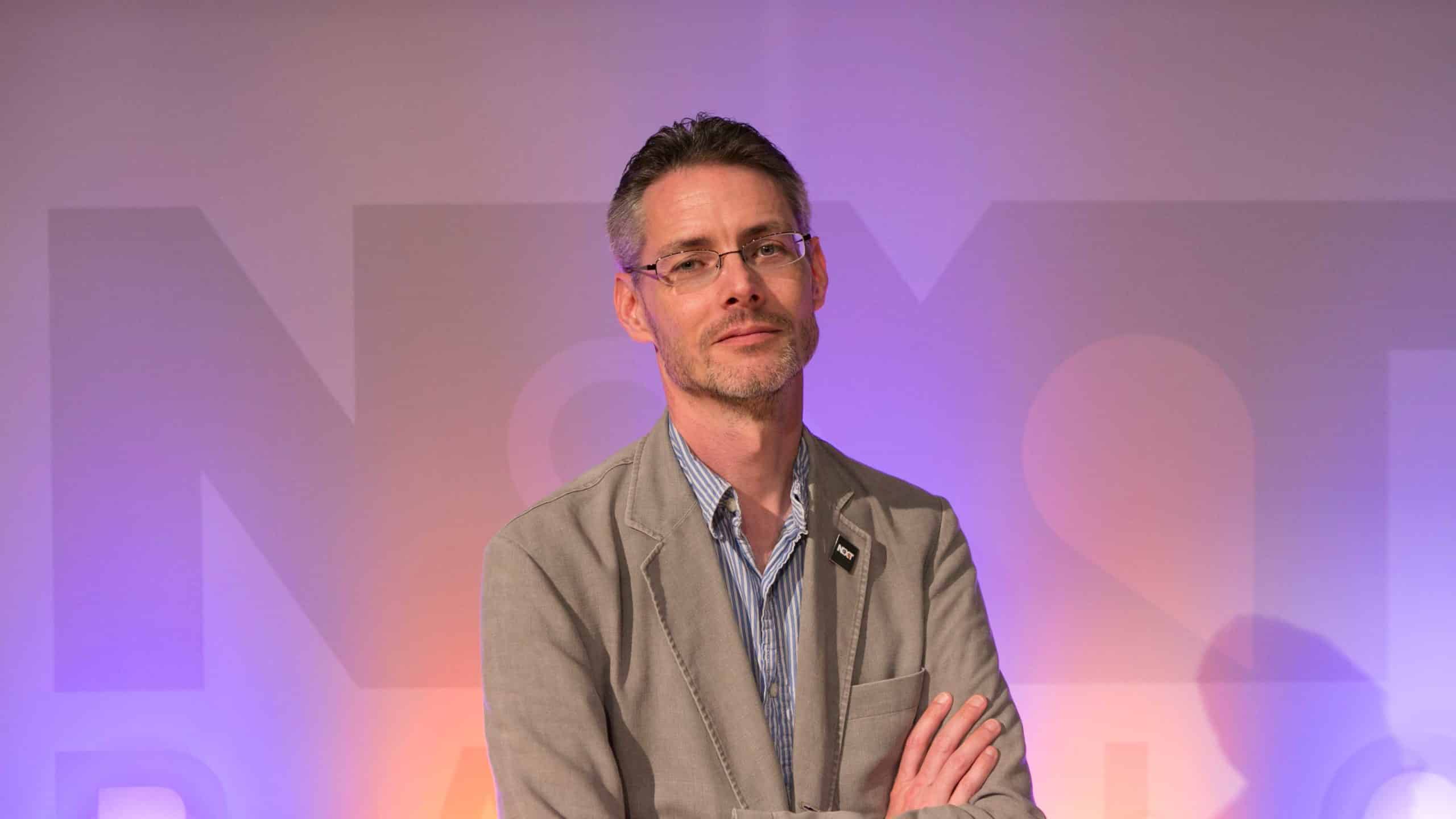
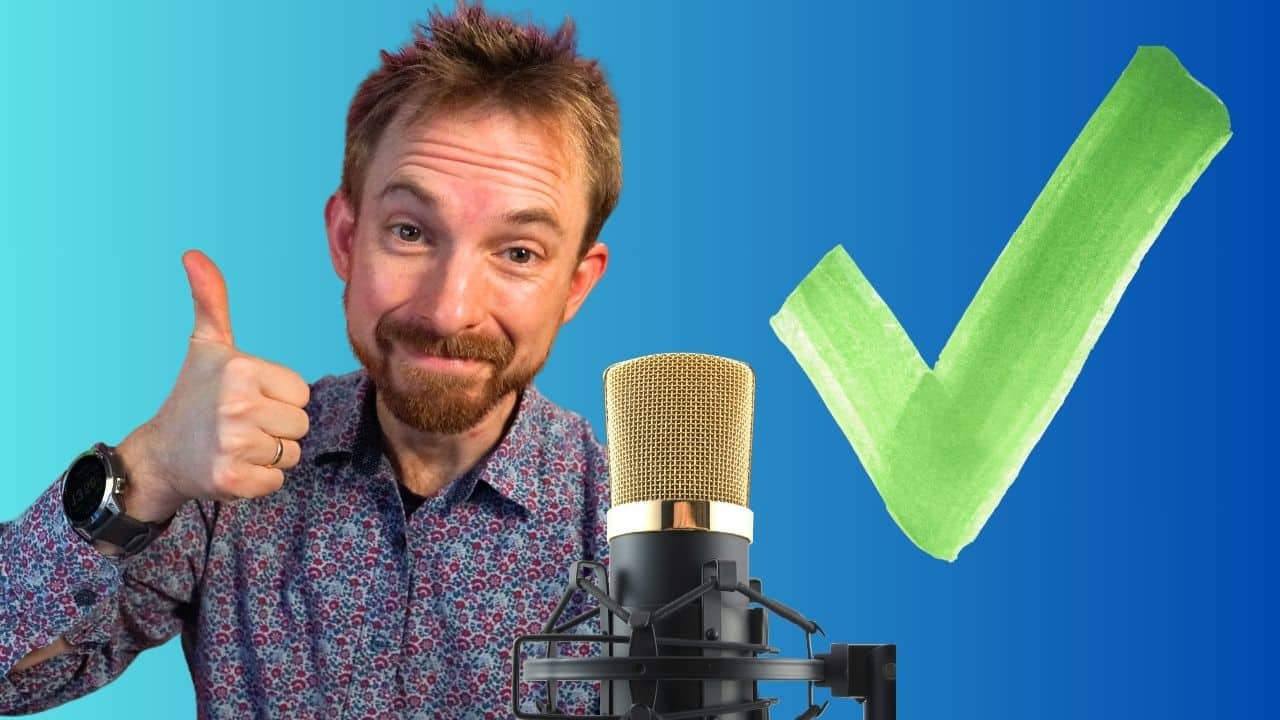
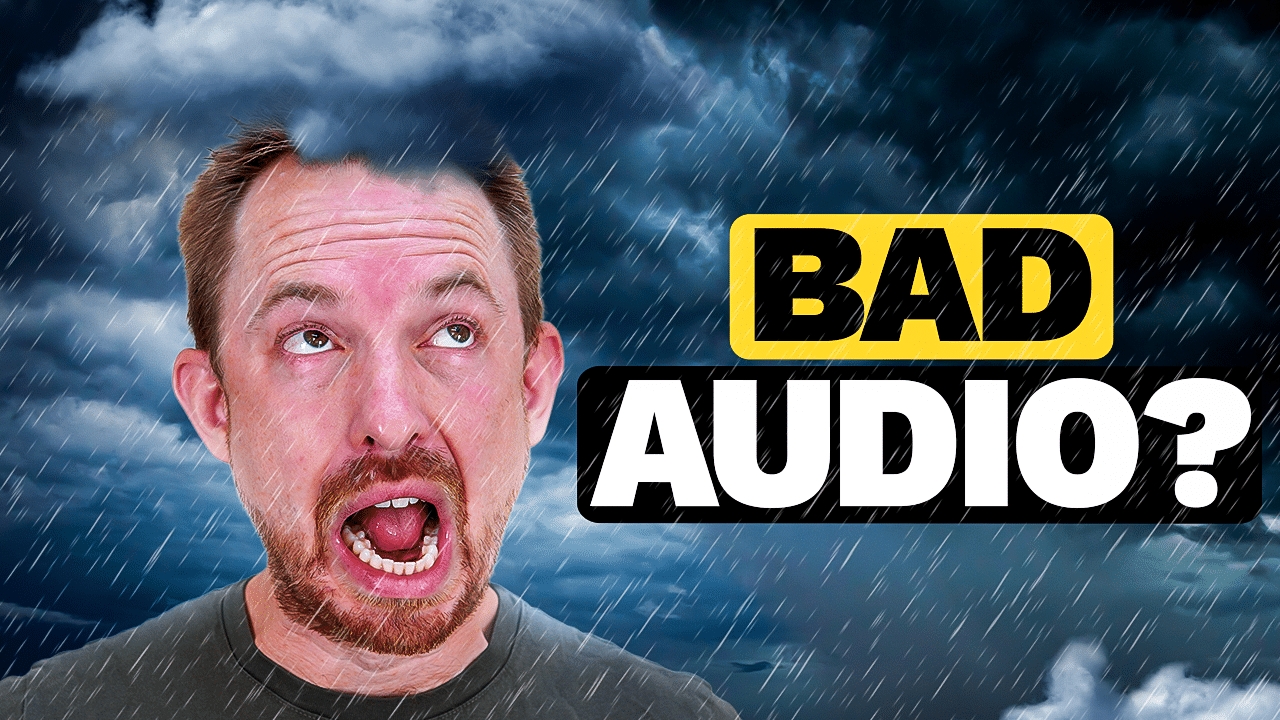

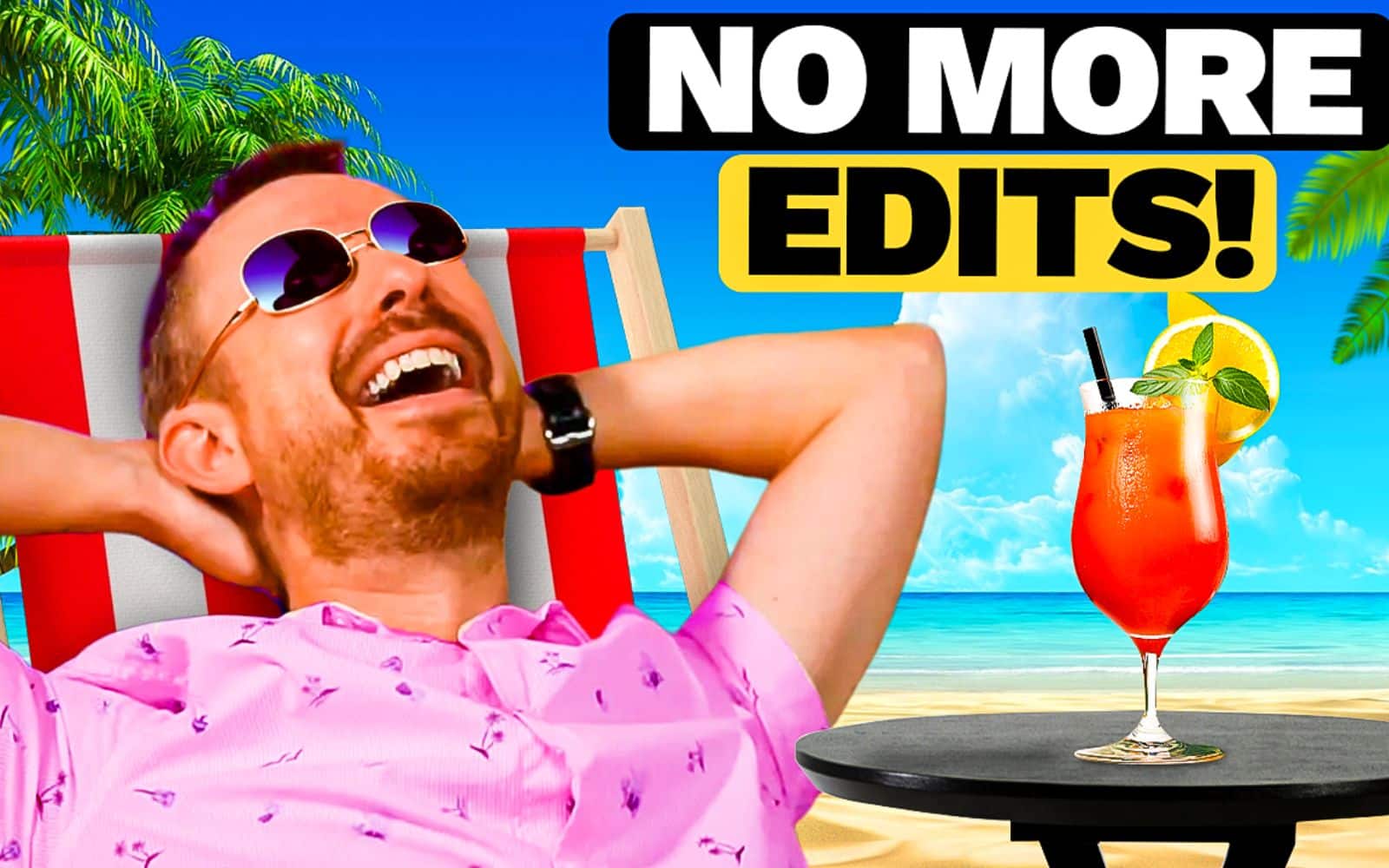
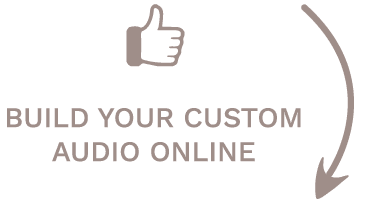





Hi Guys
I’m Wayne a radio producer from Cape Town in South Africa. What a refreshing show. Loved the quality of the content. I’m passionate about creating great content which makes great radio. Just started my own own podcast after spending a lot of time on Cliff Ravenscraft’s website. I am currently feeding off your podcasts.
Izabella, loved your interview style; respectfully contentious is I would describe it. I’ve done over 5000 radio interviews and love the format. Needless to say that’s what I follow in podcasts (except Cliff’s). The show was very informational and great insight from a knowledgeable expert. What happens in the UK usually follows a while later here in RSA. But now with the internet it happens much quicker.
Thanks a for a really great show. I consume all my talk “radio” now from podcasts so I will be listening to you guys weekly.
Regards
Wayne
Thanks Wayne. Great to have an awesome content producer and consumer like yourself along 🙂
The best episode of the MRC podcast thus far. A very fascinating discussion that I found myself agreeing with some points on both sides of the conversation.
One of the things I felt necessary to point out is that there are, in fact, tools to pinpoint the geographic locations of podcast downloads even further than just country level. I believe both Libsyn and Blubrry advanced statistics can go down to regions and even state level in the US. You can also see what devices and in many cases the particular smartphone app the listener is using to consume your show. Of course, Stitcher also provides average completion rates, average listening time, listens by days of the week, etc.
So I do believe that, in terms of audience tracking, podcasting does have a bit of an edge on terrestrial radio.
Thanks! James really knows his stuff, glad you enjoyed the episode.